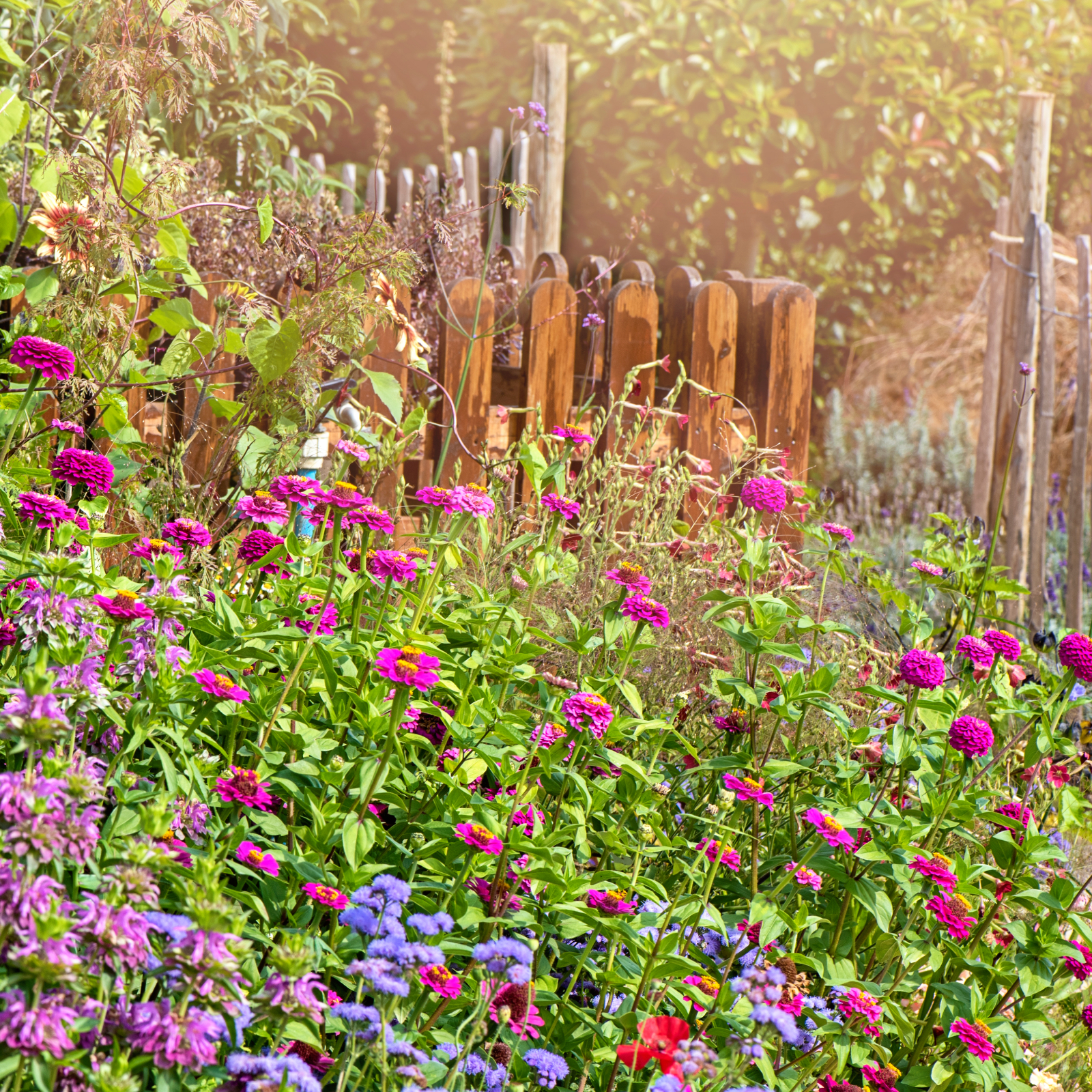Blackberry Nematode Information – Managing Blackberries With Nematodes
Nematodes, commonly referred to as eelworms, are microscopic worms that feed on plant roots. Most nematodes are harmless and some are even beneficial, but there are a number of others that can do severe damage, especially to a perennial crop such as blackberry. Blackberry nematodes not only affect the vigor of the plant but can also facilitate the introduction of viruses. For this reason, it is important to know how to identify nematodes of blackberries. The following article contains pertinent blackberry nematode information on how to diagnose and control blackberries with nematodes.
Types of Blackberry Nematodes
Root lesion (Pratylenchus) and dagger (Xiphinema) nematodes are the most damaging nematodes of blackberries. Root knot (Meloidogyne) spiral (Helicotytenchus), and ring (Cryconemoides) nematodes may also attack blackberries in certain regions.
Blackberry Nematode Information
Dagger nematode damage results in swelling at the ends of the roots. As with other types of nematode feeding, dagger nematodes increase the likelihood for other diseases such as Verticillium wilt or root rot. General damage from nematodes of blackberries includes spindly canes, stunted plants, and reduced fruit size and yields. Severely damaged root systems will often have galls and be rotted or matted. Foliage may yellow and early leaf drop may occur especially when the weather is hot and dry. Damage from nematodes in blackberries is most severe in light, sandy soils.
Control for Blackberries with Nematodes
Ideally, test your soil for the presence of nematodes prior to planting. Use only clean nursery stock. Choose historically less susceptible cultivars. Practice crop rotation. In the case of nematodes, plant in soil where only grasses or small grains have been growing for 3-4 years. If the soil is infested with nematodes, treat it with an approved pre-plant soil fumigant to reduce the population.
Gardening tips, videos, info and more delivered right to your inbox!
Sign up for the Gardening Know How newsletter today and receive a free copy of our e-book "How to Grow Delicious Tomatoes".

Amy Grant has been gardening for 30 years and writing for 15. A professional chef and caterer, Amy's area of expertise is culinary gardening.
-
 5 Tough Urban Trees That Thrive In Cities – Top Picks For Urban & Suburban Landscapes
5 Tough Urban Trees That Thrive In Cities – Top Picks For Urban & Suburban LandscapesExplore the best urban trees that will add value to even the most challenging of landscapes. Get growing with these ideas and enjoy all the benefits of trees.
By Teo Spengler
-
 7 New & Improved Cultivars Of Old-Fashioned Plants – These Aren’t Your Grandma’s Plants!
7 New & Improved Cultivars Of Old-Fashioned Plants – These Aren’t Your Grandma’s Plants!Old is new again! These old-fashioned plants have new cultivars that are sure to thrive in your garden and bring the charm factor. Neighbors will be envious!
By Mary Ellen Ellis